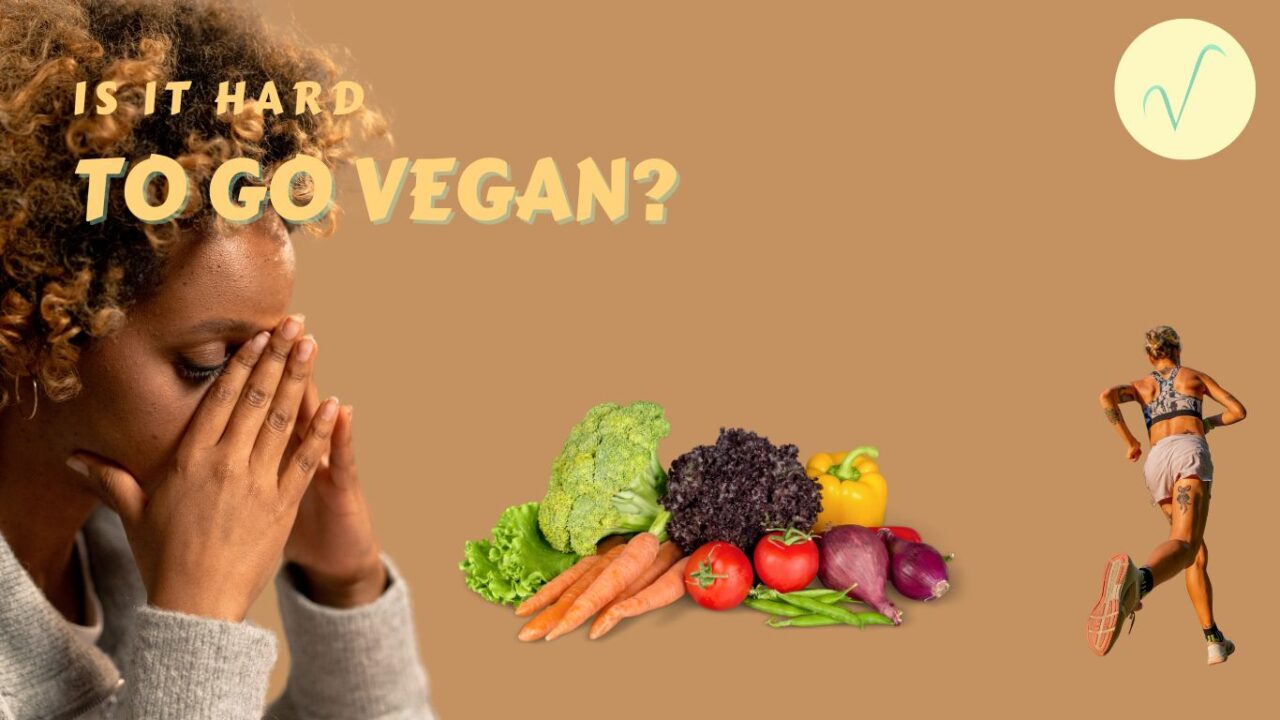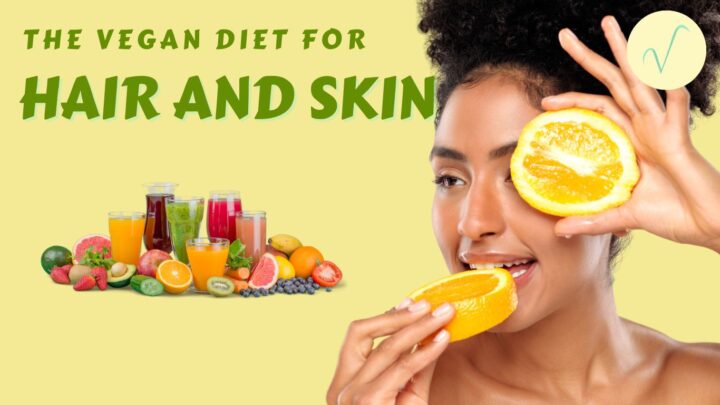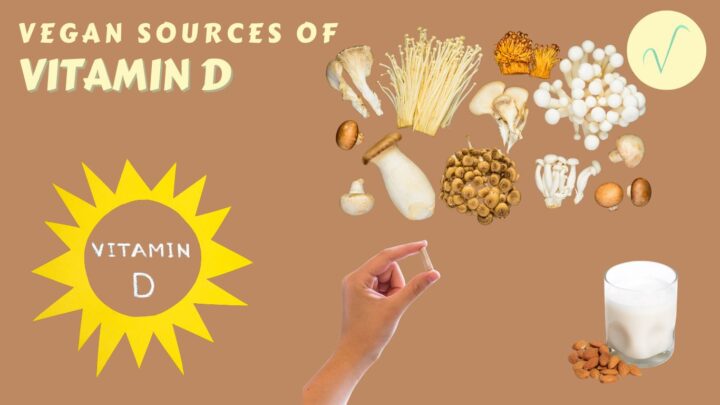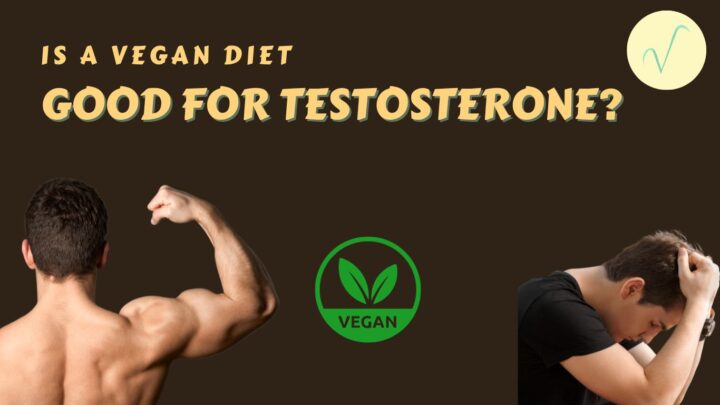I’m not going to lie here and say that I’ve never thought being vegan is hard, it’s a difficult diet to adopt when you’re used to how (basically) the whole world eats.
Those who are new to approaching a vegan diet may have found it quite difficult fully transitioning into the diet and lifestyle.
This may be due to having to eat new foods you’re not used to, adapting to eating more veggies to fill yourself up, or learning about labels.
Either way, a vegan diet comes with its challenges, which of course pay off with numerous benefits if well-planned. Let’s go through the main difficulties of transitioning to a vegan diet, and how to overcome these struggles!

Change of diet and feeling full
If you were to suddenly go on a vegan diet and stick to it, which I have done before, you’d notice that it takes a lot more food to eat your fill.
This is due to a few factors such as vegan foods on average having less calories than meat and dairy.
This of course comes with the benefit of plant-based diets being beneficial in the prevention of heart disease, with vegan alternatives suggested as better than processed red meat according to this study.
When you’re replacing meat and animal products with beans and legumes, you naturally start to eat less fat, as well as overall calories, so you may need to slightly up the portion size to fill yourself up. I know I did!
I remember when I first went vegan, I needed to eat bigger portions to fill myself up, so I was eating roast potatoes with like every meal. Whatever works for you, just make sure to keep your diet varied and well-planned to avoid nutrient deficiencies.

Tradition, family and friends
Going vegan doesn’t sound like something that could affect your relationships, but surprisingly it can. Well, when it comes to eating and food in general.
A good example would be to describe Portugal, where my mum’s from. So Portugal’s culture really runs deep when it comes to food, and takes tradition seriously.
The typical food you’ll see from a Portuguese household would include a lot of stews, meat, fish, eggs and dairy.
Being “that vegan” at a gathering, be it a family meet up or going to your friend’s house, it can be annoying figuring out how you’ll eat for the evening.
Most of the time the vast majority of people don’t know how to make a meal for a vegan person, considering most foods call for something extra!
Just make sure you let them know in advance and answer any questions they have beforehand, or just bring your own food, I’m sure they’ll understand.

Finding the best vegan substitutes
If you’re coming from a world where you eat meat with your meat, it can be difficult going from that to more veggies, grains and greens. Not all vegan meat substitutes are good, I personally am not a fan of Seitan, despite how popular it is in the vegan community.
It took me a while to find substitutes that work for me, in the end I settle for solid vegan sausages, chicken pieces, a few decent burger brands and soya chunks. I promise you, the more you practice cooking with plant-based alternatives, the better it gets!
Eventually you’ll get used to eating more veggies and legumes, as you’d soon find not all vegan substitutes are good; they can sometimes be really expensive, and a lot of the time homemade options give you the best result, like our vegan calamari recipe.
Finding suitable restaurants to eat at
This is really important. As a new vegan, you’d soon understand how little restaurants tailor to vegans, and how much meat and dairy people eat on a daily basis.
Most meat-centric (for lack of a better word) places don’t really tailor to vegans; more so vegetarians, where you’d typically find a veggie burger, which either has cheese, mayo or egg somewhere in the batter or buns.
This is something that’s recently been easier, considering most restaurants tend to have at least one or two vegan options, as opposed to sides and salads. We’ve put together a guide to vegan options at UK chain restaurants for this same purpose.
Eating together with others that aren’t vegan doesn’t need to be a burden; be sure to research beforehand to avoid disappointment, I’ve been through it so you don’t have to!

Finding options abroad (when travelling)
Travelling can already be draining as it is; now imagine going back to your hometown of cheese, chorizo and grilled chicken, no longer eating any of that.
3 years ago, the nearest vegan restaurant in Quarteira (Algarve) was a good 30 minutes walk away. There was always the trusty local Indian restaurant, but I didn’t want to eat there every day. Being vegan can indeed be hard when you’re in a city that makes it difficult.
Fast-forward 2 years and theres a few other restaurants with options, well, a vegan burger at least. Can never knock progress though, better than no options. Who knows what the next 5 years will bring?
I would say with my case in Quarteira, it’s simply because it’s local to family; why I insist of staying there; In general, I tend to pick travel locations that have vegan options available locally.
Either that or I have a place with a kitchen and cook for myself, luckily London, Amsterdam and many other European & American cities cater for us vegans. Just do your research, then you won’t be disappointed.

Planning vegan meals
Planning your meals as a new vegan could feel quite daunting. If you’re someone who came from full english breakfasts you might need to secure yourself a decent bacon substitute and get handy in the kitchen.
Getting used to no longer eating certain foods such as runny eggs, and meats will take some getting used to, so take it a day at a time. I had to learn about tofu scramble and experiment with different mushrooms to get the ideal flavours and consistencies that worked for me, for meat alternatives.
I started out with eating whatever was naturally vegan, i.e. garlic rice, salads, fruit, smoothies and oats (with plain based milk), roast potatoes and veggies, and accidentally vegan staple foods like pastas and baked beans.
After figuring out what ingredients you can still use and meals you can easily veganise, planning your vegan shopping list is your next step. Don’t solely focus on the tasty vegan meats aisle, also make sure you’ve got your fair share of greens, grains, fruit and veg to hit your nutritional requirements.
It all gets easier with time and experience.
Answering excessive questions
One of the most annoying things I’d say about being vegan is having to answer so many questions. Why did you go vegan? Do you miss meat? What about cheese? My personal reasoning was because of health benefits of a vegan diet, whereas this may vary from person to person.
I don’t usually mind answering those questions but when I become a stereotype as “the vegan” then it starts to get annoying.
The best way to deal with it would be to recommend documentaries and blogs to help them further educate themselves, that way they don’t rely on you as a bank of information.

How hard is it to go vegan?
All in all, I’d say going vegan isn’t that hard. Like any diet, if it isn’t well-planned, as you may find yourself deficient in a vitamin or nutrient. That’s not to say that the vegan lifestyle doesn’t come with its own struggles.
The world does eat a lot of meat and dairy. Being a vegan comes with the challenge of being more creative with ingredient combinations, finding restaurants that cater for us, and having to be that point of education for those who don’t understand you.
Once you’re truly in it, you will soon see how easy it can be to be a vegan. It’s a whole new world that’s just been under your nose, just remember to read the label.




